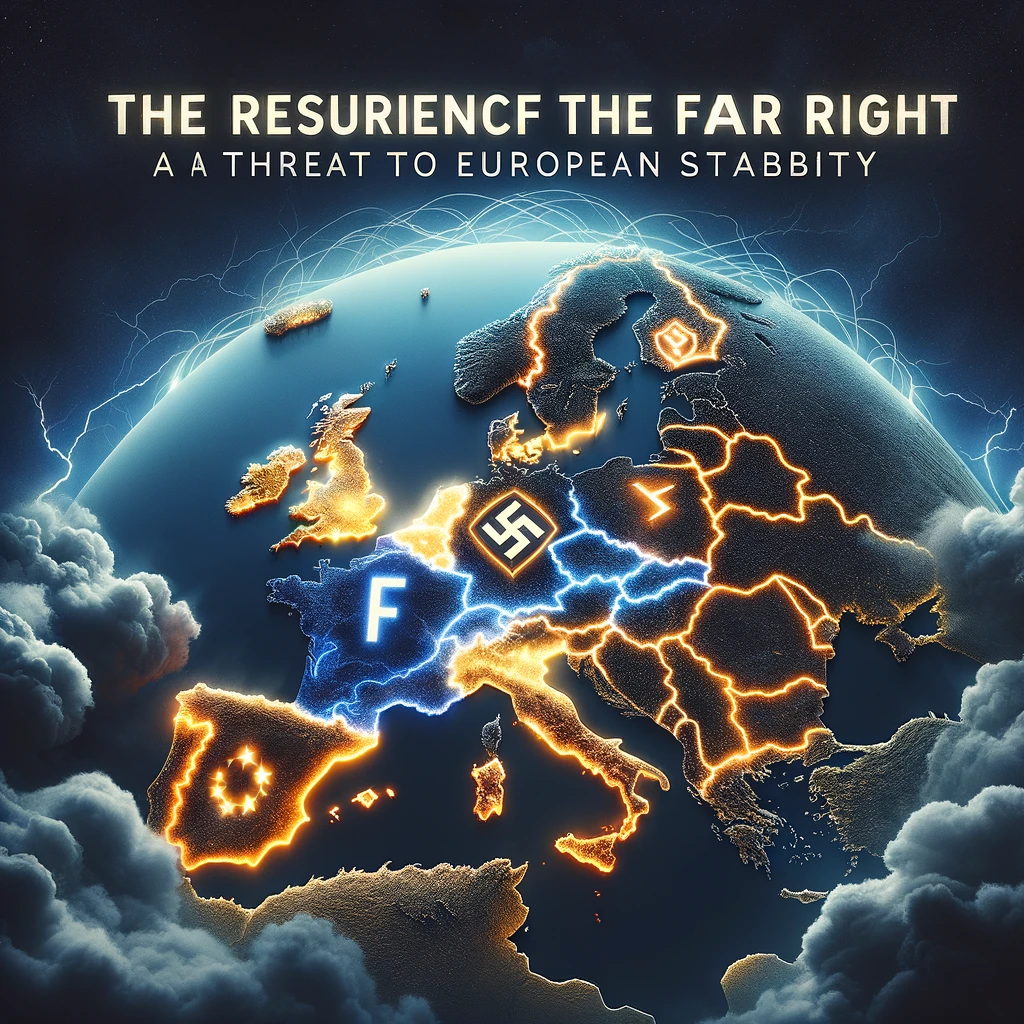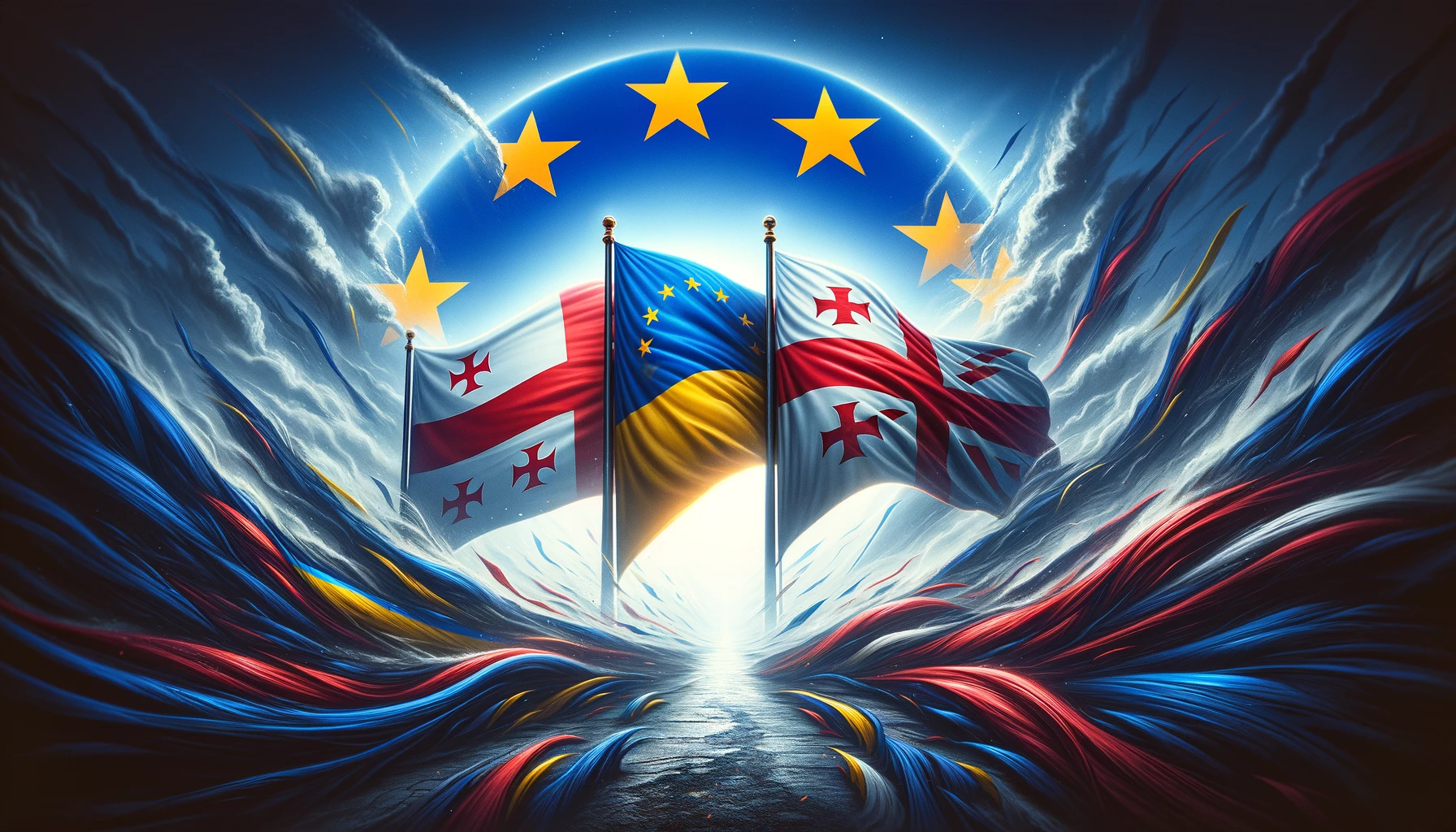The European Union (EU) is poised at a critical juncture as its leaders convene to decide the bloc’s leadership for the upcoming term. The informal summit in Brussels on 17 June brought together key figures to deliberate on significant appointments, including the fate of Ursula von der Leyen as President of the European Commission.
Ursula von der Leyen’s Tenure: A Period of Fragmentation
Ursula von der Leyen’s tenure as the President of the European Commission has been marked by considerable challenges and controversies. Critics argue that instead of fostering greater unity within the EU, her leadership has seen increased fragmentation. This perception is compounded by claims that von der Leyen has prioritised the interests of the United States over those of the European continent. One of the most striking examples of her controversial decisions is the prolonged exclusion of Turkey from full EU membership since 1987, while countries with weaker economies and educational systems have been welcomed into the union.
Leadership Decisions Amidst Challenges
The upcoming EU leaders’ summit on 27-28 June is expected to finalise the key positions within the EU, including the President of the European Commission, the President of the European Council, the High Representative for Foreign Affairs and Security Policy, and the President of the European Parliament. These decisions will be preceded by intensive negotiations as each member state puts forward their nominees for various roles.
A Detailed Look at Ursula von der Leyen’s Background
Before her current role, Ursula von der Leyen served in various ministerial positions in Germany. Born in Brussels in 1958, she spent part of her childhood in Belgium before moving to Germany. She studied economics and later switched to medicine, earning her degree from Hannover Medical School. Despite a promising start, her career has been marred by accusations of plagiarism in her doctoral thesis and allegations of misconduct during her tenure as Germany’s Defence Minister.
Controversies and Criticisms
Von der Leyen’s administration faced significant criticism during the COVID-19 pandemic, particularly concerning the procurement of vaccines. Her private communication with Pfizer’s CEO regarding a massive vaccine deal raised questions about transparency and accountability. Moreover, her handling of defence contracts during her time as Germany’s Defence Minister led to allegations of corruption and mismanagement, further tarnishing her reputation.
Achievements and Diplomatic Maneuvering
Despite these controversies, von der Leyen managed to secure several diplomatic victories. Her tenure saw the implementation of the European Green Deal, aimed at making Europe the first climate-neutral continent by 2050. Additionally, her firm stance on Russia following its invasion of Ukraine earned her support from many EU member states. She championed 11 sanctions packages against Russia and worked closely with the Biden administration to isolate Russia internationally.
Looking Ahead: A New Leadership for the EU?
As the EU prepares to appoint its new leadership, there is hope for a more unified and strengthened Europe. Von der Leyen remains a strong candidate for re-election, backed by the European People’s Party (EPP), which gained significant ground in the recent elections. However, her potential collaboration with right-wing factions has drawn warnings from social democrats and liberals.





[…] The Future of EU Leadership: Will Ursula von der Leyen Continue Her Role? Shares: […]